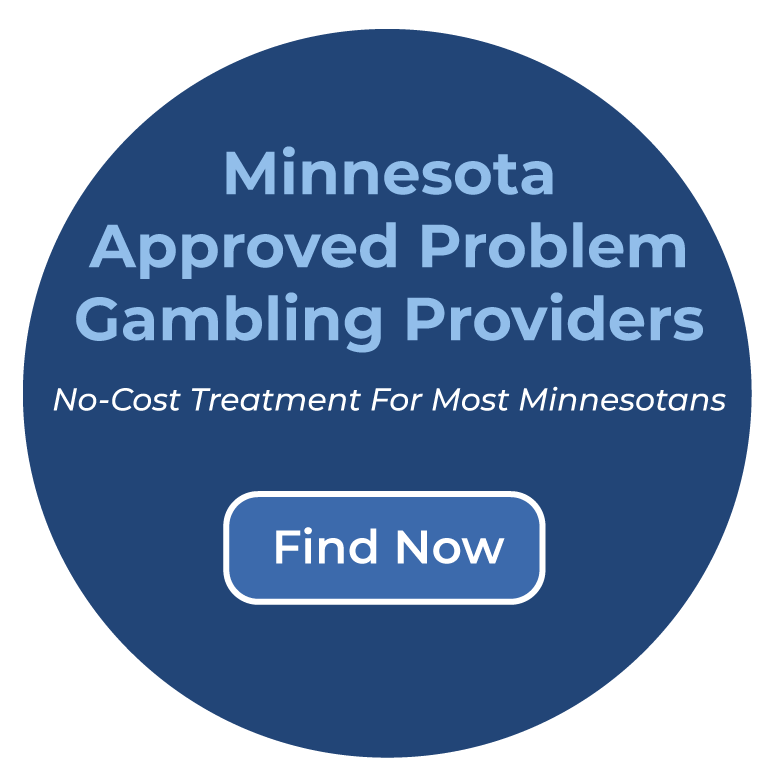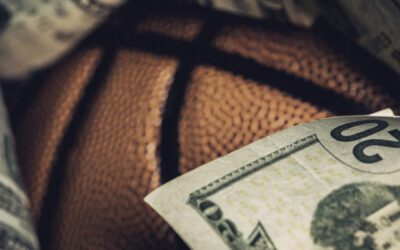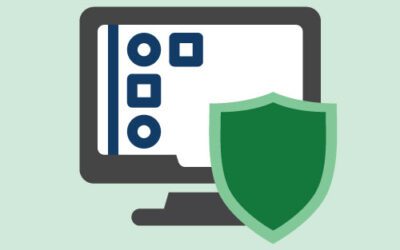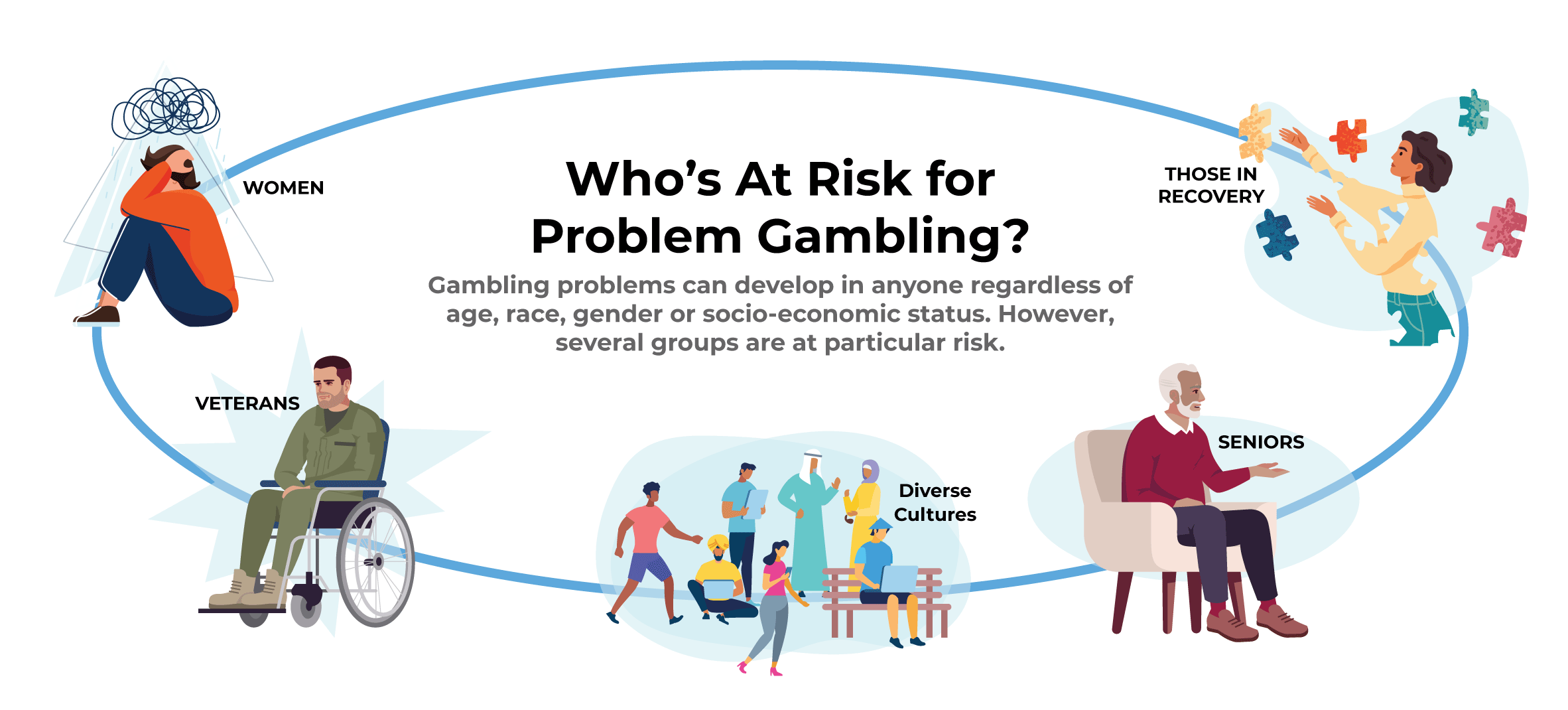

Gambling disorder does not discriminate against gender, race, age, language, culture, or socioeconomic group. It’s an addiction we’re uncomfortable talking about, yet we know it lives in all of our communities. It’s hard to understand how someone can struggle with something that seems so normalized. No one chooses addiction. It is a physiological condition that affects the brain and takes control of an individual’s behavior and consumes their lives.

People in Recovery
Gambling problems can be devastating, but with the right support and/or treatment the gambler can recover and lead a healthy life again.
Those new to recovery are particularly vulnerable. Remember, this is a chronic disease and for most, continued peer and family support will be vital to maintaining recovery.
Difficult but meaningful choices in favor of one’s recovery may include:
- Leaving behind friendships, especially those directly connected to one’s gambling.
- Rebuilding family relationships.
- Making financial amends.
- Seeking new employment or a relocating for a fresh start.
It’s important for those in recovery to establish new, healthy patterns and choices. Unfortunately newly recovered individuals may adopt a new addiction to replace the old. It’s important for the individual to understand the risks of relapse and to build support systems so when they’re feeling vulnerable, there’s help to keep them on track.
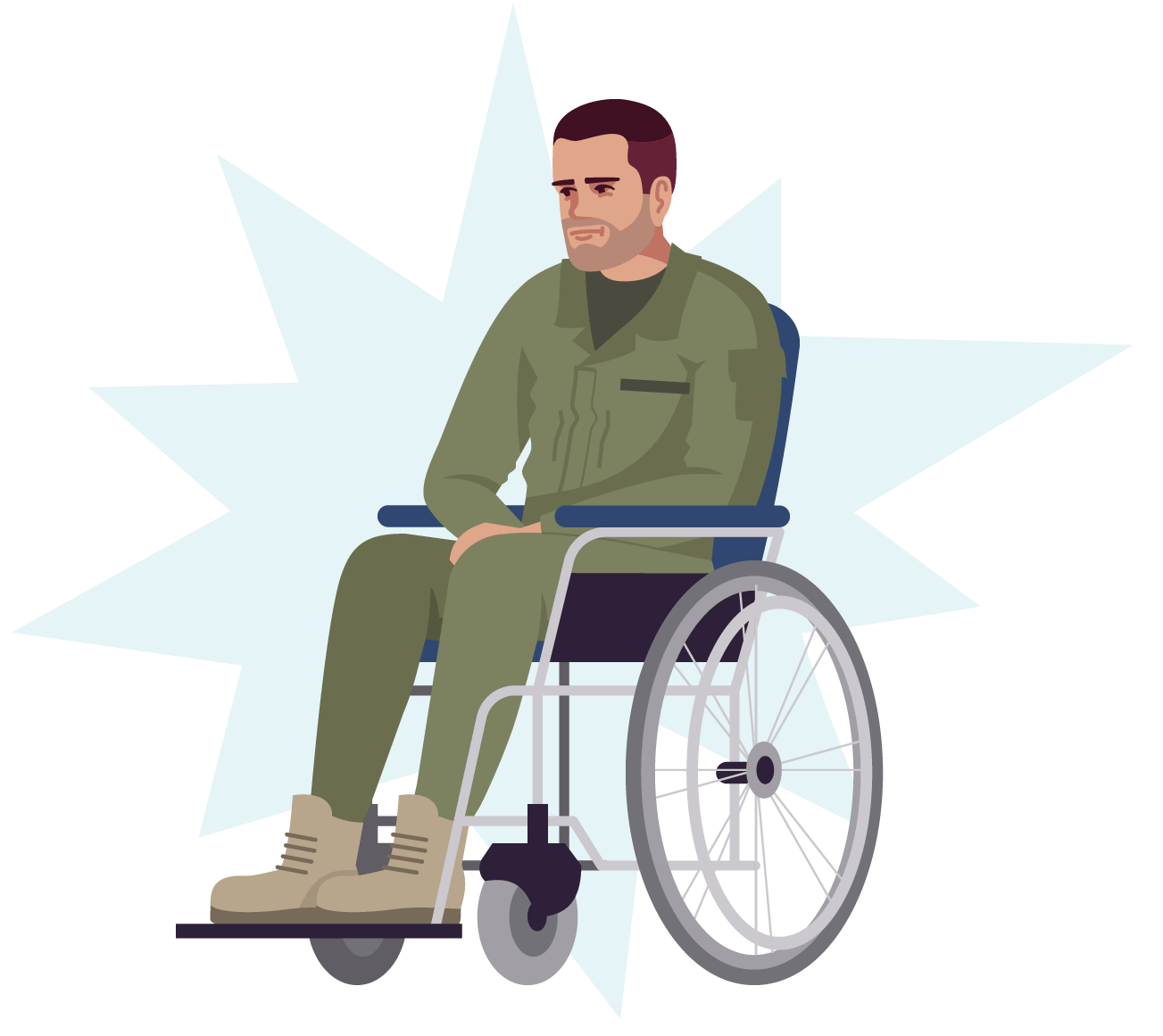
Problem Gambling in ACTIVE MILITARY/VETERANS
The prevalence of both gambling and problem gambling is much higher among military personnel and veterans compared to the general population and highest among minorities. Moreover, problem gambling tends to co-occur with other disorders, such as substance abuse, intimate partner violence (IPV), post-traumatic stress disorder (PTSD), depression and suicide, the rates of which have also been found to be high among those who have served in the military.
While there are many opportunities for veterans and enlisted personnel to gamble in the United States and overseas, many members of the military do not have access to treatment for gambling problems and may face disciplinary action after seeking help.
For additional information go to operationresponsiblegambling.org, a site sponsored by the National Council on Problem Gambling.
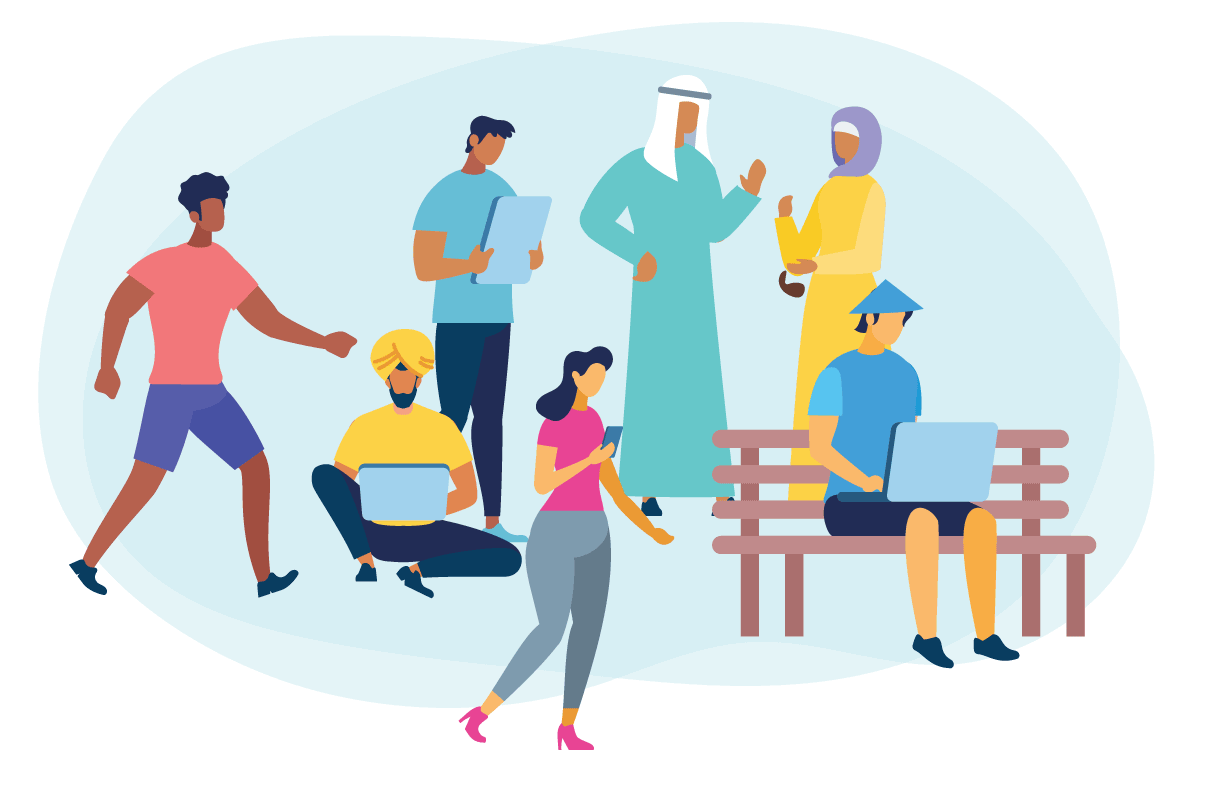
PROBLEM GAMBLING IN DIVERSE COMMUNITIES
Minnesota is comprised of dozens of immigrant and indigenous communities. Each has its own understanding of gambling and attitudes toward those who may not be able to “just walk away” when losses outnumber wins. While the physiological and psychological effects of gambling disorder are similar no matter what ethnic or racial group one belongs to, cultural and environmental norms play a huge role in the way gambling addictions are perceived and treated within these communities.
Issues of inequity must also be addressed. Most treatment models and those trained are primarily from the dominant culture. There is a great need to develop and fund culturally appropriate services. There is some movement on the federal and state levels to offer incentives to treatment providers to offer culturally and linguistically appropriate services (CLAS). As demographics continue to change, offering services that reflect the communities being served will help to encourage more to seek the help they need and deserve.
More outreach efforts are needed to explain what problem gambling is and the available resources. In many communities, elders and spiritual leaders play important roles. Thus, there is a need for increased training among these community leaders to foster conversations about gambling, even before the concept of treatment is broached. Additionally, there needs to be a greater acceptance of culturally based treatments that can be supplemented with traditional western-style treatment to aid in the individual’s recovery.
All Minnesotans are eligible to seek help through a state-approved gambling treatment provider, whether they have insurance coverage or not. A referral can be received by calling 1-800-333-HOPE (4673).
If you are a community leader and have interest in taking specific community leader training, contact sstucker@mnapg.org.
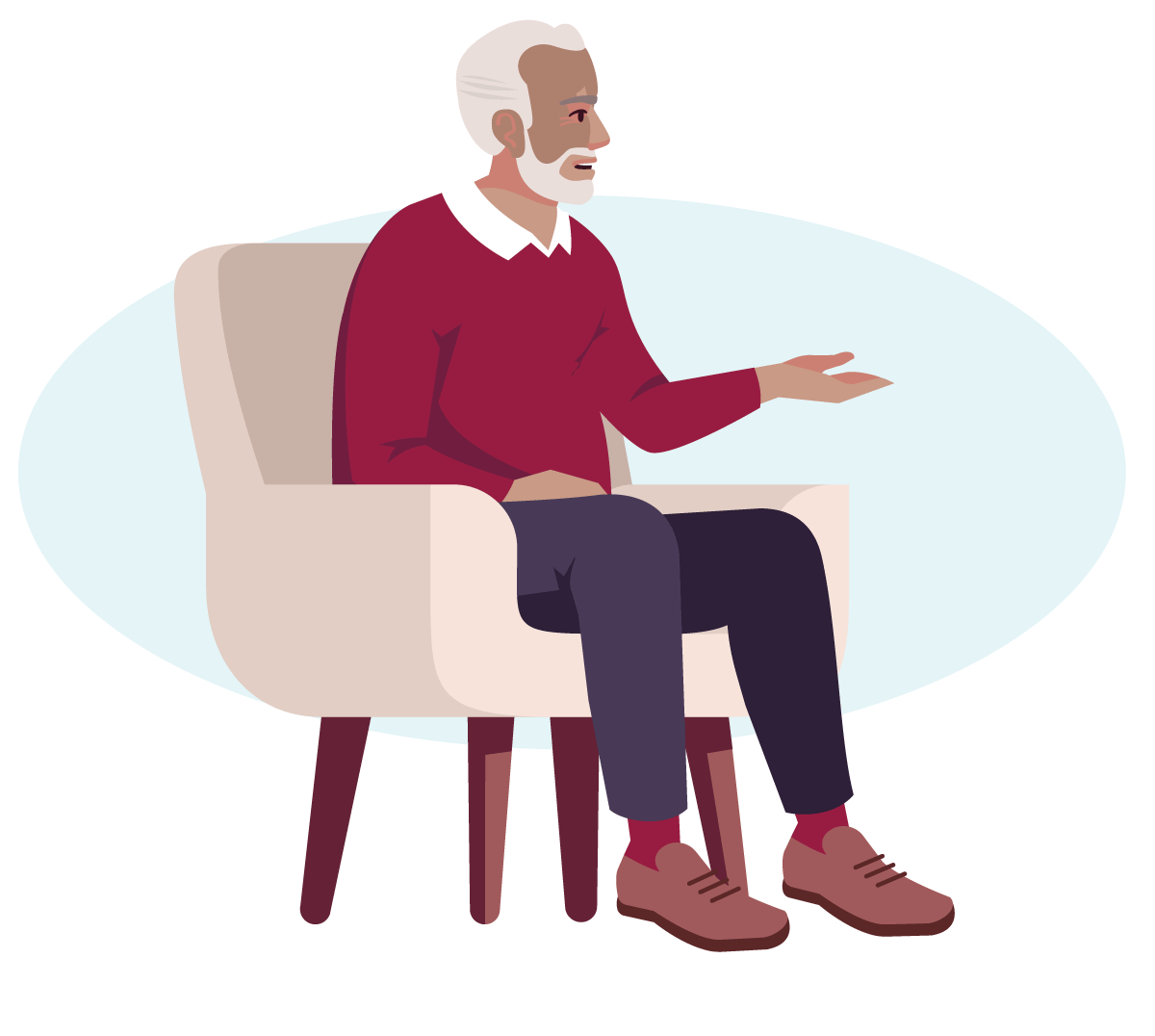
OLDER ADULTS AND PROBLEM GAMBLING
Many older adults enjoy gambling as a fun recreational activity. However, for some it can become an addiction, bringing potentially devastating consequences. Gambling opportunities are plentiful for seniors; casinos, lottery products, bingo and online gambling are more available than ever.
Gambling Is Increasingly Popular Among Older Adults
Seniors are one of the fastest growing groups of gamblers. One study found that gambling was the most frequently identified social activity among adults over 65, with casinos and bingo surpassing movies, lunch, shopping and golf as preferred social activities.
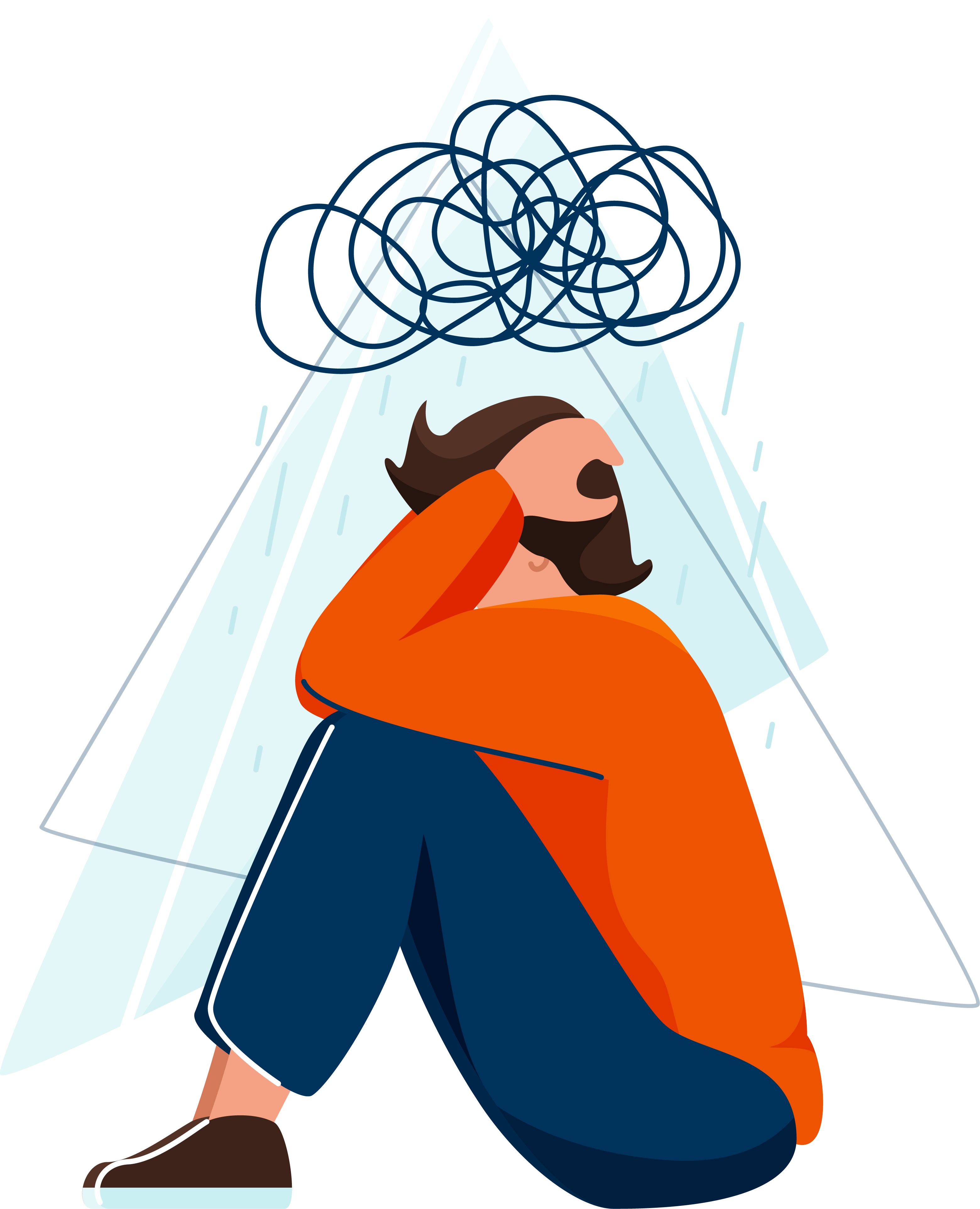
WOMEN AND PROBLEM GAMBLING
As gambling options have increased and become more accepted, women have been swept up into the gambling current.
SELF-HELP PUBLICATIONS
View, download or order a hard copy below (These are meant to be supplemental guides, not a replacement for therapy)
- Your First Step to Change, 2nd Edition. A self-help toolkit of resources to help start the journey toward recovery from problem gambling behavior.
- Personal Financial Strategies for the Loved Ones of Problem Gamblers
BROCHURES
- Warning Signs of Problem Gambling (English, Spanish, Chinese, Hmong and Vietnamese)
- What Families Can Do When a Loved One has a Gambling Problem (English and Spanish)
- What is Problem Gambling? (English, Somali and Spanish)
- Gambling When in Recovery (English and Spanish)
- Gaming Disorder (English and Spanish)
- Gamban—Block Access to Your Devices (English and Spanish)
- Lower Risk Gambling Guidelines
- Older Adults and Gambling
- Talking to Your Child About Gaming
- Youth and Gambling—What Parents Need to Know
BROCHURES for professionals
- Be Part of the Solution (English and Spanish)
- Why Screen for Gambling Disorder? (English and Spanish)
Newsletter
- Northern Lights - MNAPG Quarterly Newsletter
Interested in receiving copies of our literature?
MINNESOTA APPROVED PROVIDERS
Carver County
Resilience Counseling
(612) 750-3376
dahnertmary@icloud.com
1107 Hazeltine Blvd, Suite 410, Chaska, MN 55318
Goodhue County
Midwest Recovery
(651) 846-9010
Info@midwestrecovery.org
midwestrecovery.org
217 Plum Street, Suite #130 Red Wing MN 55066
Hennepin County
Club Recovery Inc
(952) 926-2526
cjohnson@clubrecoveryllc.com
clubrecoveryllc.com
7701 York Ave S, Suite 350, Edina, MN 55435
Connections Counseling & Recovery Services
(763) 370-8880
Joyce Terhorst
joyce.connections@yahoo.com
7550 France Ave S, Suite 220, Edina, MN 55435
Midwest Recovery Inc
(612) 584-4858
info@midwestmn.com
midwestrecovery.org
1620 Central Ave NE, Suite 107, Minneapolis, MN 55413
Problem Gambling Intervention, LLC
(612) 558-5364
Roger Anton
rpanton@juno.com
Minneapolis VA Medical Center, 1 Veterans Drive, Minneapolis, MN 55417
Vinland National Center OP Services
(763) 479-4882
Don Raasch
donr@vinlandcenter.org
vinlandcenter.org
675 NE Stinson Blvd #200, Minneapolis, MN 55413
Itasca County
Lakeview Behavioral Health
218-327-2001
info@lakeviewbh.com
www.lakeviewbh.com
516 S. Pokegama Ave, Grand Rapids, MN 55744
Mille Lacs County
Freedom Center
(763) 308-0006
Cynthia Naumann
maumann.cindi@gmail.com
freedomcenterinc.org
140 2nd Ave NE, Milaca, MN 56353
Olmsted County
Christina Pristash
(507) 202-0701
Christina Pristash
pristashlmft@gmail.com
counselingrochester.org
1500 1st ave NE, Suite 120, Rochester, MN 55906
Ramsey County
Alcohol and Gambling Assessments
(651) 485-6229
Renee Collova-Bergee
reneebergee@comcast.net
1397 Geneva Ave N #102A, Oakdale, MN 55128
Pathways Counseling
(651) 734-5517
Jarrod Brown
jerrodb@pathwayscounselingcenter.org
1919 University Ave W, Suite 6, St Paul, MN 55104
Progressive Individual Resources, Inc.
(612)749-3309
info@pirimn.org
pirimn.org
2147 University Ave W, Suite 206, St Paul, MN 55114
Rice County
Midwest Recovery
651-846-9010
info@midwestrecovery.org
midwestrecovery.org
303 1st Street NE, Suite #365 Faribault, MN 55021
Saint Louis County
Center for Alcohol & Drug Treatment Gambling Services
(218) 723-8444
Paul McCormick
pmccormick@cadt.org
cadt.org
314 West Superior Street Suite 400, Duluth, MN 55802
Sherburne County
Freedom Center
(763) 308-0006
Cynthia Naumann
naumann.cindi@gmail.com
freedomcenterinc.org
105 6th Ave S, Princeton, MN 55371
Washington County
Bridges and Pathways Counseling
(612) 719-7966
Paul Mladnick
mladnick.paul50@gmail.com
1068 S Lake St, Suite 109, Forest Lake, MN 55025
Venthouse Counseling, Jason Walter
(612) 562-6766
Jason Walter LPC, LADC
aadrjay@gmail.com
venthousecounseling.com
8530 Eagle Point Blvd, #100, Lake Elmo, MN 55042
Alcohol and Gambling Assessments
(651) 485-6229
Renee Collova-Bergee
reneebergee@comcast.net
1397 Geneva Ave N #102A, Oakdale, MN 55128
Yellow Medicine County
Project Turnabout/ Vanguard Center for Compulsive Gambling
(320) 564-4911 or 1-800-862-1453
info@projectturnabout.org
projectturnabout.org
660 18th St, Granite Falls, MN 56241
Cass
Soul Solutions
(701) 356-7772
info@soulsolutions.org
soulsolutions.org
1801 38th St S, Fargo, ND 58103
View or Request
Read
Take Our Quiz
ARTICLES ABOUT PROBLEM GAMBLING
Louie Anderson and Celebrity Gambling Behavior
Exploring the normalization of celebrity gambling. READ MORE
Coping with Another Person’s Gambling Problem
A paid article appearing in the Star Tribune, along side a digital ad. Coping with Another Person’s Gambling Problem By...
The WAGER – Consumer protection tool use among Australian online gamblers
This month, The WAGER reviews a study by Robert M. Heirene and colleagues that examined the use of consumer protection tools among customers of multiple online gambling operators in Australia in 2018 – 2019. READ MORE
THE WAGER: Reddit and the NFL: What can an online support community for problem gambling tell us about the impact of sports betting legalization?
This week, The WAGER reviews a study by Mark van der Maas and colleagues that analyzed how posts in an online mutual support community for problem gambling have changed with the expansion of legalized sports betting. READ MORE

